HEALING OF DEGENERATIVE, CHRONIC AND SELF-IMMUNE HOLISTIC DISEASES
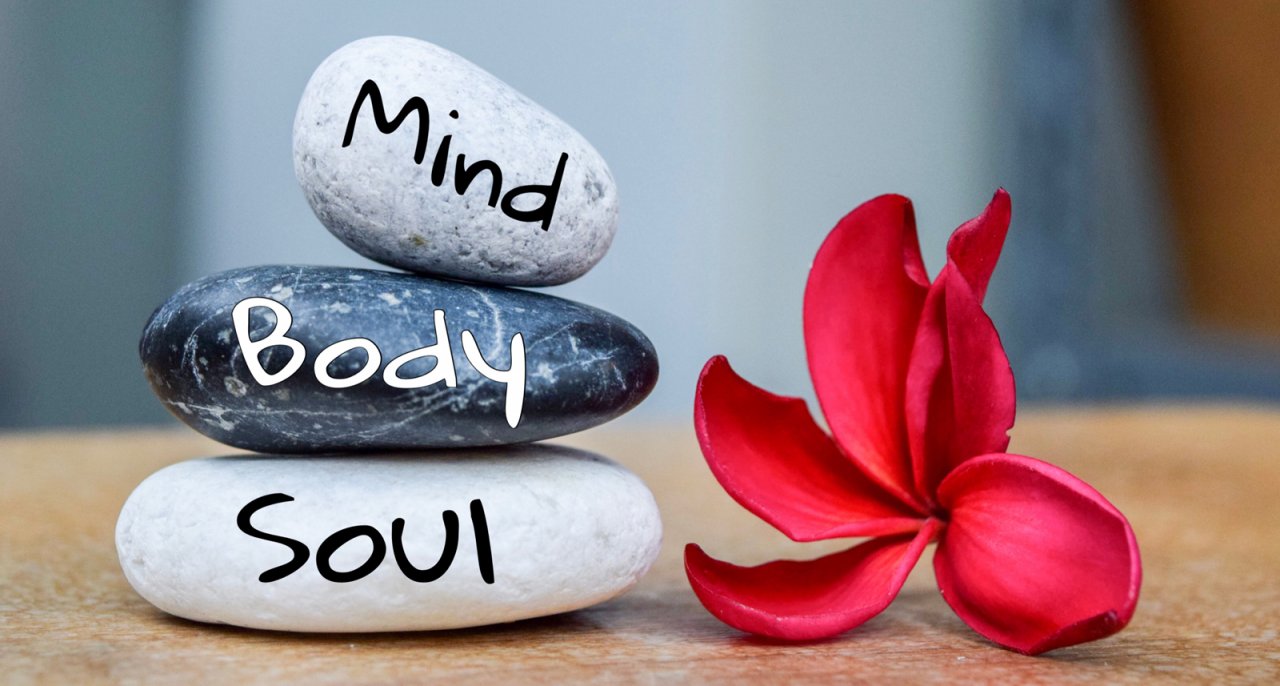
The seven universal emotions
Traditional Chinese medicine considers that diseases are generally caused by the seven emotions: joy, sadness, anger, resentment, melancholy, fear and dread. Specifically when these emotions are excessive or last too long.
There is a direct psychological relationship between emotions and the immune system, as such the immediate recognition of emotions and their control are of crucial importance for good health. Both excess and repression of emotions weaken our body's ability to defend us by making us vulnerable to chronic and degenerative diseases, and these in turn make us ultra-sensitive from a psycho-emotional point of view.
Emotions inhibited over time and especially the excess of an emotion, will affect / energetically unbalance in time the organ that is directly influenced by the emotion in question, and the affected organ will cause an intense manifestation of emotions that are directly connected with it.
The selective training of our attention on the recognition of the emotions we face every day helps us to gradually heal the mind and body (respectively the function and structure of that organ), and treating the body, especially the diseased organ, will reduce the intensity of emotions. I am intimately connected to it.
For example, the individual who is frequently irritable, angry, frustrated or melancholy depressed may cause congestion (irritation) of the liver or may generate excess heat in the liver (ie, chronic inflammation, non-alcoholic hepatitis, hepatic steatofibrosis, etc.). final cirrhosis, ie liver cancer). This process will cause general symptoms such as irritated and red face / eyes, tinnitus, dizziness, migraines, sore throat and shoulders, sleep disturbances, constipation, premenstrual symptoms, painful and irregular menstruation, dizziness, vomiting and other digestive symptoms. Instead, a person suffering from these symptoms (caused by an excessive diet of fat, alcohol, caffeine, a stressful lifestyle and repressed emotions over a longer period) will begin to show irritation, frustration, depression and anger without he had an apparent reason.
If this person takes adequate care of these emotions and frees himself from frustration, irritability and anger (through writing, creativity, movement, meditation, etc.) his liver will decongest and the "heat" in the liver will dissipate and the person will become less prone to fits of anger or depression.
The seven universal emotions and their effect on the body:
1. Joy
Within the seven emotions, joy is characterized by increased excitability. This condition affects the heart and can lead to insomnia, anxiety, confused thinking, fits of laughter or crying, seizures, hysteria and insanity.
2. Anger
Resentment, frustration, irritability, anger, indignation, bitterness, animosity and anger affect the liver and cause headaches, tinnitus, dizziness, blurred vision, mental confusion, vomiting, high blood pressure, premenstrual syndromes, depression, breast swelling before menstruation irregular or painful and digestive disorders.
3. Sadness
Sadness affects both the lungs and the heart and causes dyspnea, depression or crying, fatigue, amenorrhea, difficulty breathing, reduced resistance to colds and flu, palpitations, dizziness, insomnia and anxiety.
4. Melancholy
Melancholy is also known as meditative character or obsession. It disrupts the functions of the spleen and causes loss of appetite, fatigue, moisture, poor digestion, bloating, soft stools, anemia and low immunity.
5. Pain
Pain affects the lungs and leads to difficulty breathing, expectoration of mucus, sweating, fatigue, cough, allergies, asthma, pneumonia, bronchitis and other lung diseases, anxiety and sensitivity to colds and flu.
6. Fear
Insecurity, paranoia and fear affect the kidneys and adrenal glands and can cause nocturnal enuresis, frequent urination, urinary incontinence, back and knee pain, ear infections, infertility, low libido, signs of premature aging and low immunity.
7. Fear
Fear affects both the kidneys and the heart and causes palpitations, dyspnea, insomnia, dizziness, tinnitus, night sweats and chronic fatigue.
In traditional Chinese medicine, the treatment of vices (respectively over-expressed and inhibited emotions) is done by focusing on the manifestations of emotional virtues, ie by encouraging patients to turn each vice into virtue - the process was called "cultivating virtue". whereby one emotion was used to suppress / treat another.
The following is a brief description of the relationship between certain organs and their specific emotions, both those that alter the state of health and those that are beneficial:
Liver - has as vices: anger, frustration, envy, inferiority complexes, and as virtues: goodwill, forgiveness, consideration and respect both for oneself and for those around
Heart - vices: overexcitation, exaggerated enthusiasm, pride, arrogance, exaggerated criticism, in general all superiority complexes; virtues: compassion, self-care and fellowship
The lungs - have as vicious emotions: pain, sadness, melancholy, nostalgia, depression, and as virtues: conscientiousness, enthusiasm, self-reconciliation, acceptance of reality as it is (without personal / subjective interpretations) etc.
Spleen - vicious emotions: obsession, compulsions, excessive analysis / thinking, etc., and as virtues: empathy, modesty, acceptance, sympathy for self and for others, etc.
Kidneys - vices: fears, paranoia, excessive worry, inhibited / repressed and unresolved physical and psycho-emotional traumas; virtues: courage, wisdom, extended state of consciousness (type of thinking and living that helps the individual to master his personal needs and limitations / ego)
Organs can be healed in the same way by compensating for their emotions or essential requirements, e.g.
- The liver is correlated with the need for relaxation, peace, calm, and with certain herbs
- heart, with love, joy, beauty
- the lungs, with confidence, with time and space
- spleen, with protection, quality of nutrition
- kidneys, with peace (lack of anxiety), meditation, rest, sleep, adequate water consumption


 EN
EN  Romana
Romana 



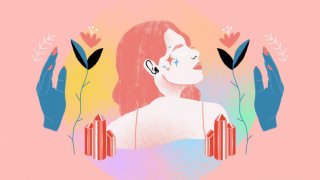
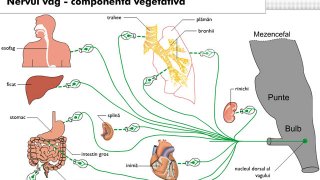
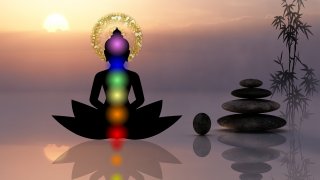
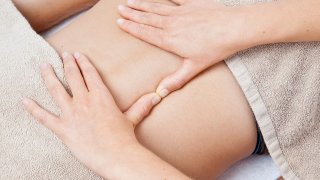
Comments